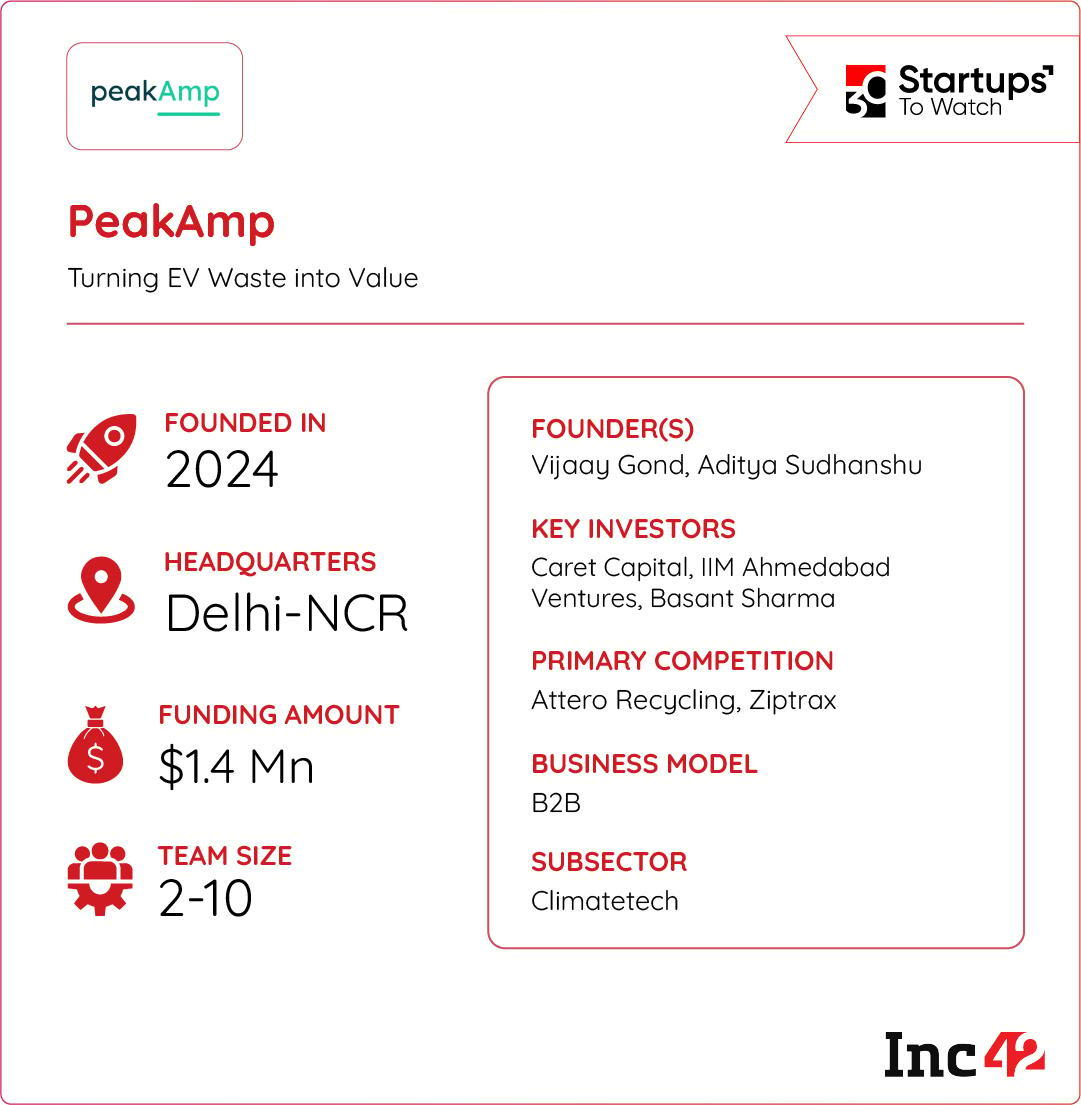The 2025 festive season is expected to generate a record $13.1 Bn in sales for Indian ecommerce giants. Yet, behind the glittering discounts and flash sales lies a troubling reality – systematically deployed dark patterns to push shoppers into spending more. So, what’s blighting India’s festive frenzy?
Deception By Design: From Flipkart’s just-concluded Big Billion Days to Amazon’s ongoing Great Indian Festival, dark patterns are clearly visible. Many customers reported that their orders were cancelled despite making payments, while others said product prices mysteriously increased at checkout. Flipkart’s loyalty programme members also complained that similar discounts were being offered to non-members.
Toothless Enforcement: While authorities are aware of the problem, enforcement remains minimal and fines paltry. The current regulatory approach of warnings, issuing guidelines and self-regulation seems not to have acted as a deterrent. Then, there is also the problem of enforcing grey areas such as algorithmic price fluctuations, which don’t technically qualify as dark patterns, even though unethical.
A Systemic Challenge: Dark patterns aren’t confined to festive sales or specific platforms – they’re embedded across India’s digital economy. While some auto-select insurance (a classic pre-selection tactic), others create a false sense of urgency to bait customers into buying their products. Quick commerce platforms, too, have been involved in manipulating checkout flows to inflate cart sizes.
Amid all this, consumer trust appears to be the only casualty as India’s ecommerce economy inches towards becoming the second-largest in the world. As the festive season sale once again puts the spotlight on raging dark patterns online, here is the hidden cost of India’s festive mania.
From The Editor’s DeskRBI’s AI Shield Against Online Frauds: The apex bank is developing an AI-powered fraud detection platform to identify suspicious online transactions. The new platform will collect data from various sources to trace mule accounts and flag risks to both customers and banks.
Zoho Banks On Collabs: The bootstrapped SaaS unicorn has launched Vani to offer AI-powered “visual” workplace collaboration tools. The new offering, priced at $5 per user per month, will support features such as whiteboards, flowcharts, diagrams and video calling.
India’s Electronics Push: The Electronics Components Manufacturing Scheme has received investment proposals to the tune of INR 1.15 Lakh Cr, 2X compared to its original target. The initiative will create 1.41 Lakh jobs and produce an estimated INR 10.34 Lakh Cr in goods.
TBO Tek Acquires Classic Vacations: The listed travel tech company has completed the acquisition of the US-based luxury travel wholesaler for $125 Mn. Classic Vacations will operate as an independent brand and CEO Melissa Krueger will continue to be at the helm of affairs.
Can Tata Revive BigBasket? The quick commerce giant is in the throes of deepening losses, shrinking revenues, and a crumbling user base, while rumours of churn in the top deck are fanning out. With competition mounting, can Tata help BigBasket keep its boat afloat?
Can Arattai Last Beyond The Hype? Zoho’s messaging platform is riding the latest wave of digital “swadeshi” sentiment, clocking 3.5 Lakh downloads in just three days. Is this another run-of-the-mill WhatsApp-challenger, or something groundbreaking?
Crypto Platforms On Notice: The Financial Intelligence Unit has issued notices to 25 offshore crypto platforms for non-compliance with anti-money laundering norms. Directions have also been issued to these platforms to take down their apps and websites.
WeWork India’s IPO: The coworking space provider’s public issue will open for subscription today. Ahead of the IPO, the company raised INR 1,348.3 Cr from anchor investors at INR 648 each. Its public issue will consist solely of an OFS component of up to 4.62 Cr shares.
Inc42 Startup Spotlight Can PeakAmp Make Battery Recycling Truly Green?India’s electric vehicle (EV) boom, while celebrated, harbours a severe environmental threat – the improper disposal of end-of-life lithium-ion batteries. Without adequate recycling infrastructure, this toxic waste can pollute vital land and water sources.
PeakAmp is trying to solve this problem with its tech-enabled battery circularity platform.
Designed For Recycling: Founded in 2024, PeakAmp is a full-stack battery recycling startup. By leveraging its partnerships with OEMs, recyclers and material suppliers, PeakAmp enables safe battery collection, second-life repurposing and the recovery of valuable materials like lithium, nickel, and copper from these batteries. All these processes are powered by the company’s data-driven tech stack, which is utilised to precisely grade battery health and optimise recovery.
Charging Up for Scale: With the Indian EV market poised to grow to $132 Bn by 2030, the demand for a scalable, efficient, and compliant battery waste solution is enormous. PeakAmp aims to fill this gap by securing the domestic supply of critical battery materials and reducing reliance on imports. With much to conquer, can PeakAmp make battery recycling truly green?

The post Festive Vibes Sour, Zoho’s New Product & More appeared first on Inc42 Media.
You may also like

Manchester synagogue security guard who stopped killer 'would do anything to help anyone'

Stacey Solomon breaks silence on Britain's Got Talent 'dream' job with one-word comment

Katie Price shares huge similarity with Taylor Swift as stars compete in charts

Bundesliga 2025-26: Spirits high as Bayern Munich pursue historic winning streak

"20% UG seats in agricultural universities to be filled through ICAR's competitive exam:" Shivraj Singh







